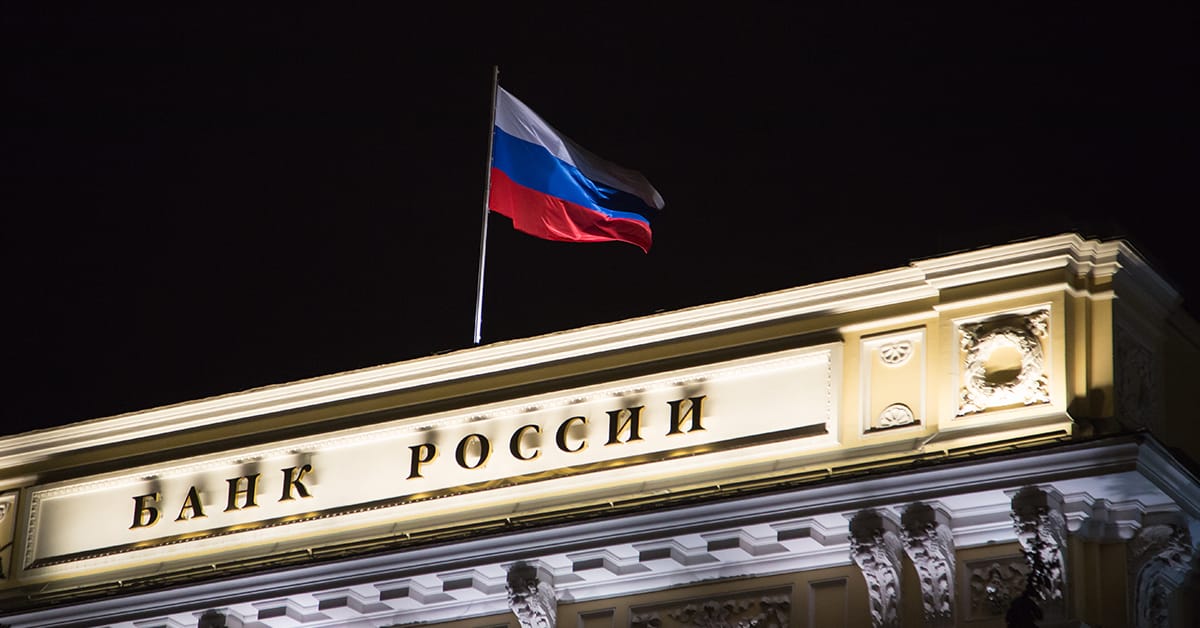Some opportunists see profits in the Ukraine conflict, but creditors already face losses, and the possibility of defaults looms.

With Russia’s economy in freefall due to sanctions—including, crucially, the exclusion of a raft of Russian banks from the Swift global payments messaging system—creditors already holding Russian debt are feeling the squeeze. Meanwhile, bargain-hunting “vulture funds” and other opportunistic money is eyeing Russian debt, whether sovereign or from state-linked entities and corporates, for new windfalls that may arise from the chaos.
It could be a long wait, however. From trading at high premiums to par last year, long-dated Russian sovereign debt is now in distressed territory, with prices quoted between the 30-45 bid mark in a highly volatile market, and bid/offer spreads as high as $0.70.
Speculation is mounting of a full sovereign default and of debt default taking a terrifying grip on Russian paper. Such speculations got a boost on February 28, when President Putin banned residents from servicing their foreign debt. Much of Russia’s sovereign debt is held in local hands and many market players expect any that is held by foreign investors to be at the back of the queue in the event of a default and restructuring.
Coupon payments to clearing houses, such as Euroclear, are apparently free of sanctions, so debt service can in theory occur seamlessly, but there may be an unwillingness to pay amid the turmoil.
Meanwhile a question mark hangs over $25 billion of outstanding loans from international banks in syndicated, club and bilateral format, with European banks the most on the hook, and prepayment clauses likely to kick in on fear that Putin will order a moratorium on foreign institutional debt service as a way of punishing the international community.



